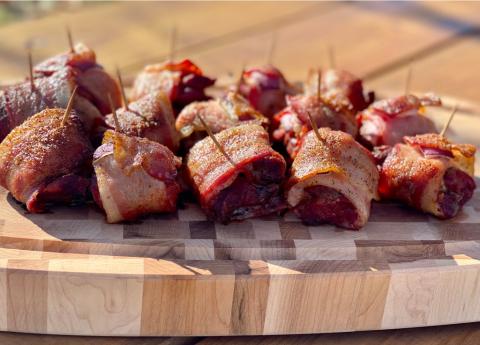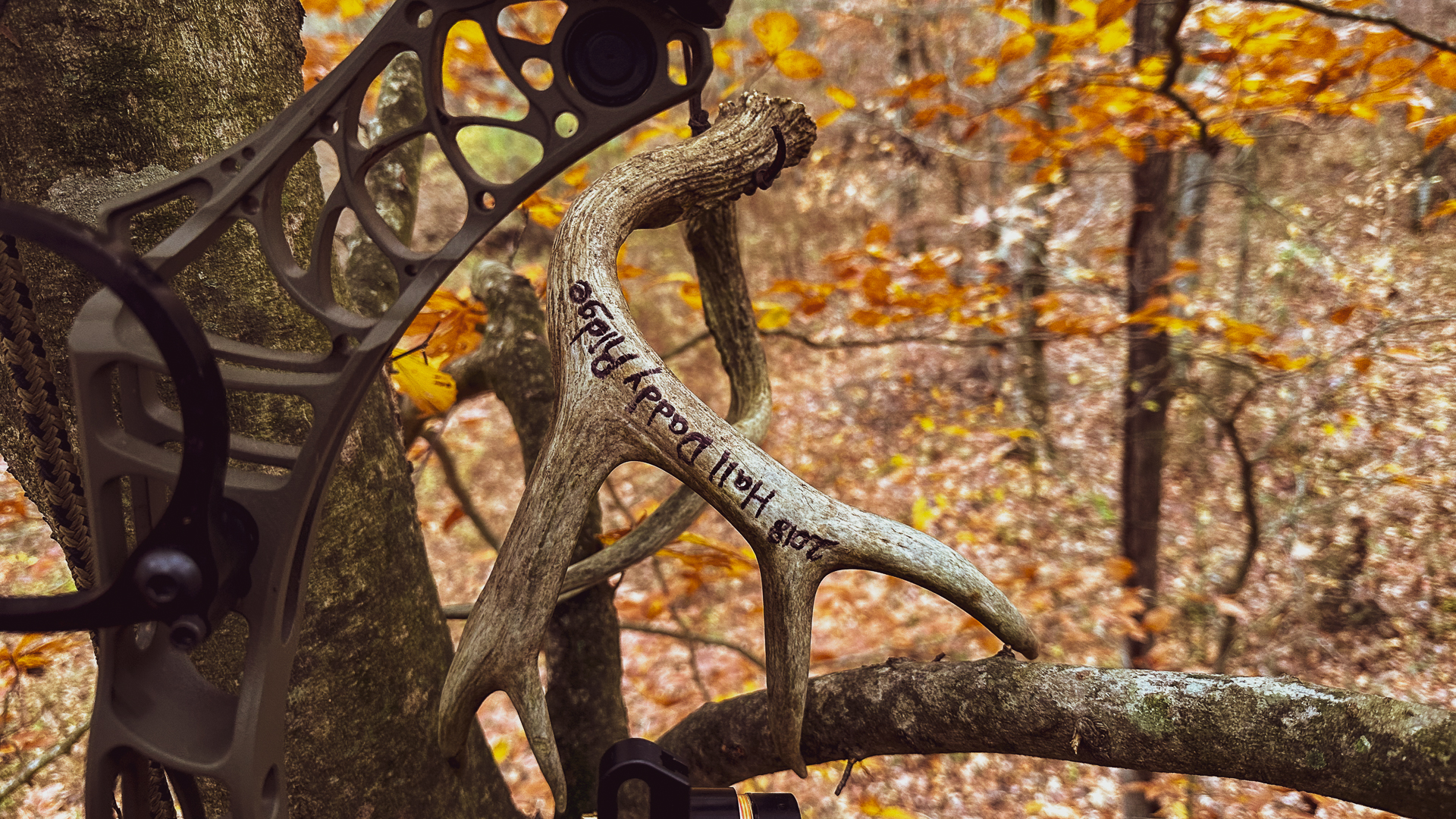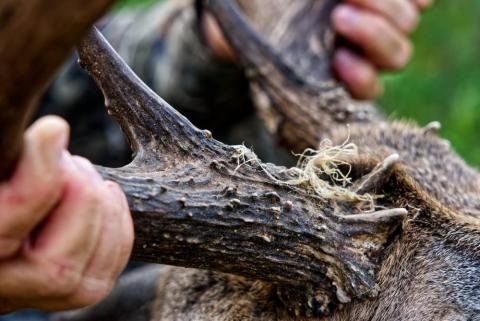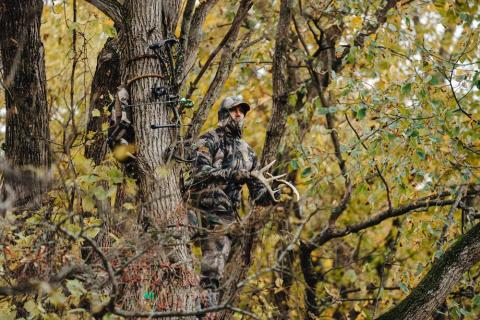by David Draper
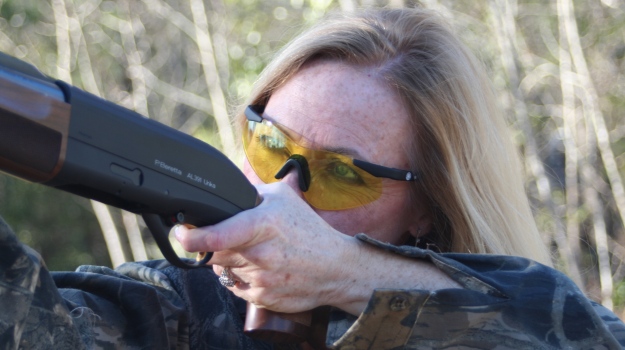
I was recently at a shooting event where a number of gun manufacturers were displaying their newest firearms. Also in attendance were many people I would consider firearm experts. This event took place at a firing range with live rounds present. As I watched folks line up at the handgun booth, I was amazed at the number of gun “experts” – both self-proclaimed and rightly entitled – who displayed poor, and even dangerous, firearms handling.
On numerous occasions, muzzles were pointed at or near other people. Not on purpose, mind you, but in the course of handling these firearms, it happened several times. After the event, I spoke with the folks manning the booth and they said it’s a common occurrence and despite their curt reminders, many people didn’t realize what they were doing was dangerous. A common response was, “Don’t worry, it’s not loaded.”
It was then that I realized that everyone, even the “experts,” needs a reminder of firearm safety from time to time. If nothing else, it would make those poor folks manning the gun booths a little less jumpy. The weakest link in firearm safety is the handler and as long as he or she follows a few basic rules, a shooting accident should never happen.
Rule No. 1 – Always keep the muzzle pointed in a safe direction.
The most important and easiest to remember: Muzzle control is at the basis of firearm safety. Maintain control of the muzzle and know where it’s pointing, even if you fall or stumble. Never point the muzzle at something you don’t intend to shoot, even if you’re absolutely, 100% positive the gun is unloaded. Treat every gun as if it loaded.
Rule No. 2 – Don’t rely on a gun’s safety.
After taking hunter’s safety, my nephew’s favorite saying was, “A safety is a mechanical device. Mechanical devices fail.” It’s a good mantra to remember when handling guns. Don’t put your finger on the trigger, expecting the safety to prevent the gun from firing. A gun can fire at any time.
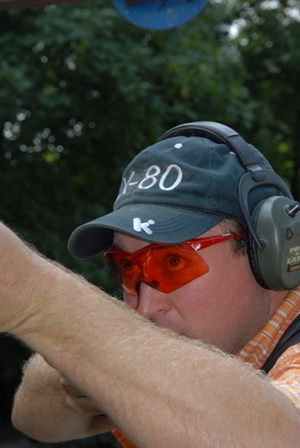 Rule No. 3 – Firearms should remain unloaded until you’re ready to use them.
Rule No. 3 – Firearms should remain unloaded until you’re ready to use them.
A loaded gun is a dangerous gun. Never load a firearm unless you are ready to fire. Unload it immediately when you have finished shooting. Never keep a loaded gun in your vehicle, on your ATV or in a building.
Rule No. 4 – Never hand anyone a loaded firearm.
When you hand someone a firearm, make sure the action is open and visually check the chamber. When handed a firearm, double-check to ensure it is unloaded. Never push or pull a firearm toward you or another person. Always point the muzzle in a safe direction.
Rule No. 5 – Never handle firearms while under the influence of drugs or alcohol.
The minute you pick up a drink, you’re done hunting for the day, even if it’s just one beer for lunch. Many prescription drugs can slow your reflexes and impair your judgment. Be aware of the effects a drug may have on you and don’t handle a firearm while impaired.
Rule No. 6 – Know what’s beyond your target.
Never fire your gun unless you are absolutely sure of what you’re aiming at and what lies behind it. A bullet from a .22 can travel more than a mile; center-fire bullets can travel much farther. What will your bullet hit if you miss your target or even if it passes through? Never fire at an animal that is cresting a hill unless you’re absolutely sure what lies behind it.
Rule No. 7 – Understand how your gun works.
Before loading or firing any firearm, find the safety and understand how it operates. Learn to safely load and unload your firearm while in a safe environment, with the muzzle pointed in a safe direction. Read the instruction manual of any new firearm before taking it into the field or to the gun range.
Rule No. 8 – Be sure your barrel is clear before firing.
The smallest obstruction can cause catastrophic failure, causing the barrel or breech to explode. Before loading your firearm, ensure the barrel is clear of mud, snow, dirt or other debris. Clean the firearm before and after shooting it by running a patch down the barrel with a proper cleaning rod.
Rule No. 9 – Always wear eye and ear protection when shooting.
Protect your hearing with approved plugs or muffs whenever you shoot. Shooting glasses can protect your eyes from powder, dirt or debris caused from a malfunction of a firearm.


















